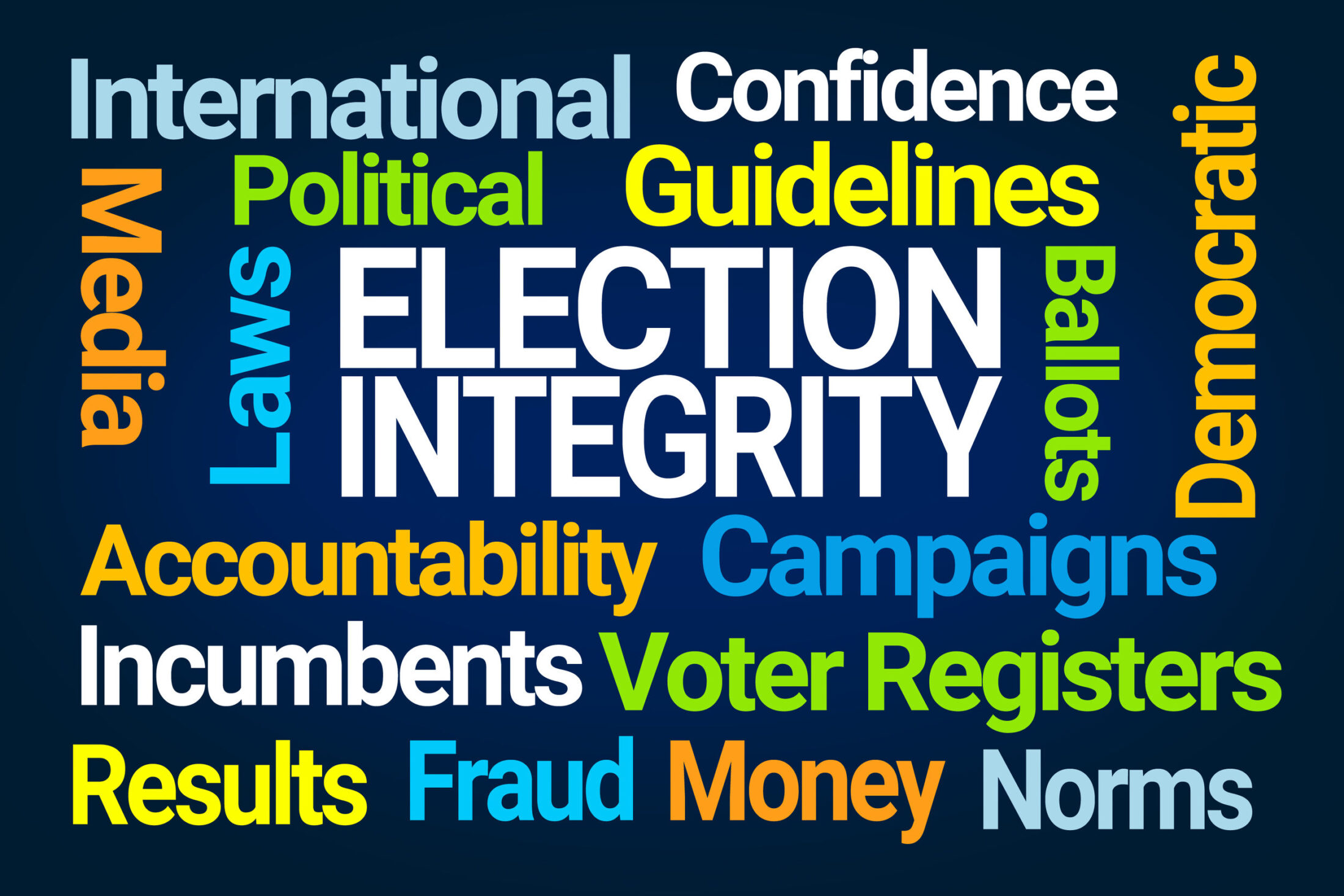As the furor over the teaching of controversial subjects such as critical race theory swings elections in other states, a source who reached out to the Sentinel says, the University of Kansas (KU) is quietly teaching prospective educators how to teach the controversial theory in class.
The source tells us students in the high-level course are taught how to teach critical race theory without calling it CRT; at least one of the textbooks says all white people are racist.
The Sentinel recently reached out to both the public affairs department at KU and additionally to KU Chancellor Douglas A. Girod, asking for a copy of the syllabus for C&T 541: Advanced Practices in Teaching Social Studies in Middle/Secondary Schools as well as a list of textbooks.
KU has not responded to our questions.
The online course catalog only states that the 500-level course is: “Advanced study of curriculum development and instructional strategies appropriate for teaching social studies in grades 6-12 and application of learning in a middle/secondary classroom. Prerequisite: C&T 335; SPED 326 and, C&T 324 LEC.”
Diversity, Equity & Inclusion just CRT by another name
Schools across Kansas have been caught teaching the controversial theories behind CRT, although repeatedly denying they are teaching it.
However, many schools are teaching Diversity, Equity and Inclusion — which uses much the same language and concepts as CRT.
Earlier this year, Kansas Education Commissioner Randy Watson argued to the State Board of Education that Critical Race Theory is not being taught in Kansas schools, however, an email exchange obtained by the Sentinel showed CRT is being used in the Olathe school district.
On July 13, Watson told KSBE members that CRT is not part of Kansas curriculum standards.
“It has never, ever included critical race theory, nor does it today,” he said.
While it may be true that CRT is not part of the “standards,” it does not mean the controversial theory isn’t being taught.
Indeed, The Sentinel found that not just Olathe, but other districts across the state are pushing critical race theory, including Hiawatha, Shawnee Mission, Blue Valley, and Wichita.
What is CRT?
Theoretically, CRT is merely “a body of legal scholarship and an academic movement of civil-rights scholars and activists in the United States that seeks to critically examine U.S. law as it intersects with issues of race in the U.S. and to challenge mainstream approaches to racial justice,” and “examines social, cultural, and legal issues primarily as they relate to race and racism in the United States.”
Critics, however, point out that “critical race theory lacks supporting evidence, relies on an implausible belief that reality is socially constructed, rejects evidence in favor of storytelling, rejects truth and merit as expressions of political dominance, and rejects the rule of law.”
In 1997, 7th Circuit Court of Appeals Judge Richard Posner argued that critical race theory “turns its back on the Western tradition of rational inquiry, forswearing analysis for narrative”, and that “by repudiating reasoned argumentation, [critical race theorists] reinforce stereotypes about the intellectual capacities of nonwhites.”
Moreover, while teaching students that race — and racism — infuse every aspect of their lives, it also argues that attempting to treat others “based on the content of their character, rather than the color of their skin” — being “colorblind” in other words — is also racist: If you’re white.



